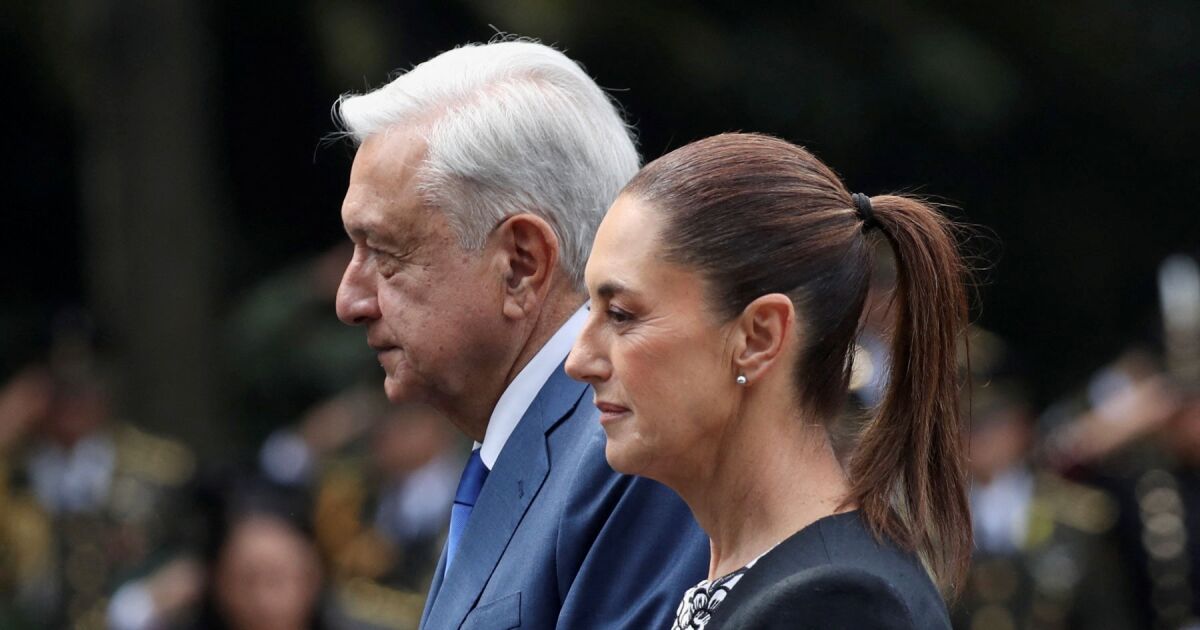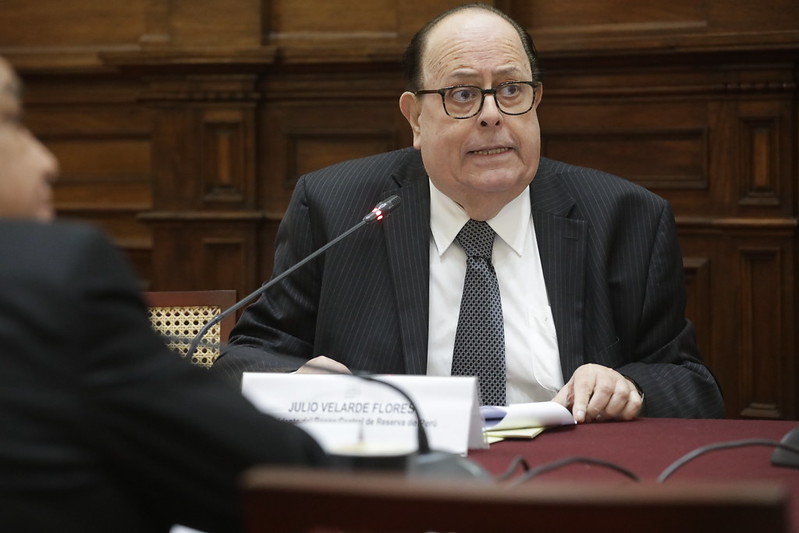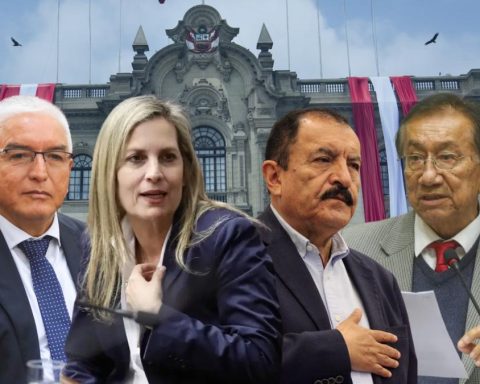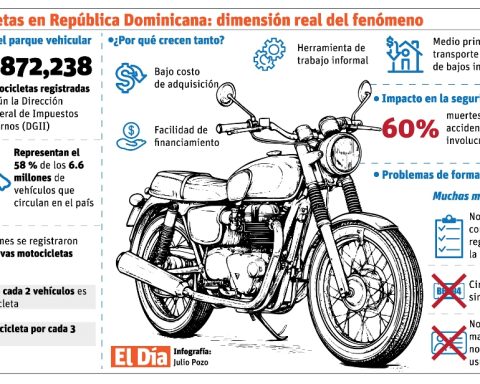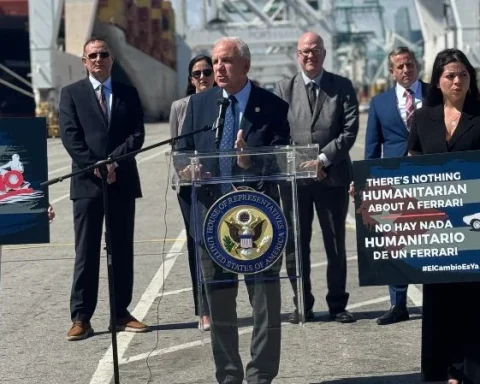In June, Sheinbaum became the first elected president in Mexican history with a resounding electoral victory, amid a positive economic climate: a strengthened currency, solid foreign investment and the success of her predecessor in reducing poverty.
But his victory also gave the left-wing ruling party a qualified majority in the bicameral Congress, where it can now modify the Constitution without negotiating with the opposition.
Its first vote endorsed a drastic judicial reform that established the popular election of all judges, a unique case in the world that worries the markets. Other initiatives, such as the disappearance of independent economic regulators, await their turn.
The reform bothered the United States, Mexico’s main partner through the T-MEC, the North American free trade agreement that also includes Canada.
“It threatens the relationship (…) that we have built, which depends on the trust of investors in the Mexican legal framework,” US ambassador Ken Salazar pointed out weeks ago.
Sheinbaum’s mandate, which will begin on October 1, is also preceded by a diplomatic dispute with Spain, the second largest foreign investor in Mexico so far this century. Madrid decided to boycott Sheinbaum’s inauguration next Tuesday, considering “ unacceptable “that King Felipe VI was not invited.
“There are analysts who say that with this (the reforms) the six-year term is stillborn. I don’t know if we have reached that point, but it seems to me that the possibilities for the economy are much smaller,” says Jesús Carrillo, director of economics at the Mexican analysis center. IMCO.
After the elections, the Mexican currency, a thermometer of economic expectations, has fallen 13%.
The changes that López Obrador inherits from Sheinbaum represent a shock similar to the cancellation of the construction of an airport valued at 13 billion dollars at the beginning of his mandate in 2018.
Such a decision paralyzed private investment for months and required paying millionaire compensations, Carrillo recalls. “They are comparable in what they show of Mexico’s lack of institutionality.”
Impartiality
Experts warn that the constitutional changes collide with the T-MEC regulations.
Although the treaty does not include specific rules on the partners’ judicial system, “it does require that it be impartial and independent,” warns IMCO.
